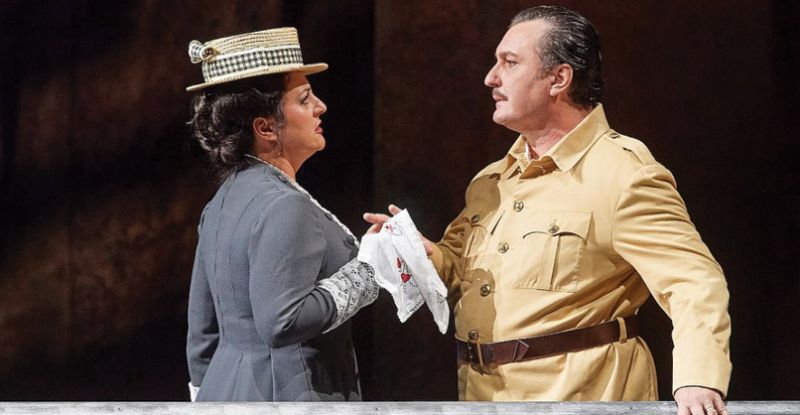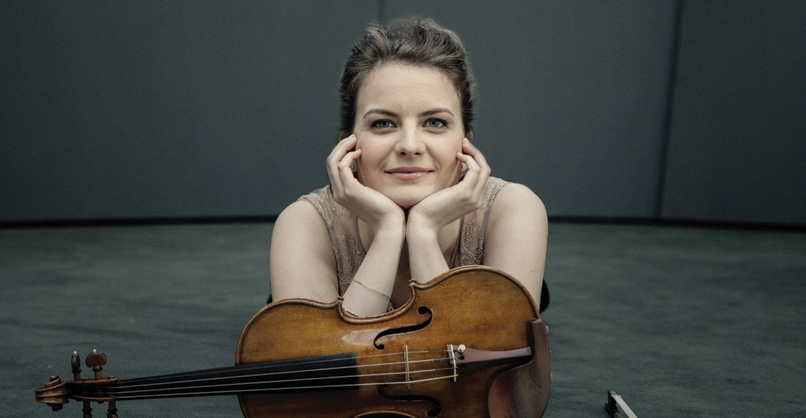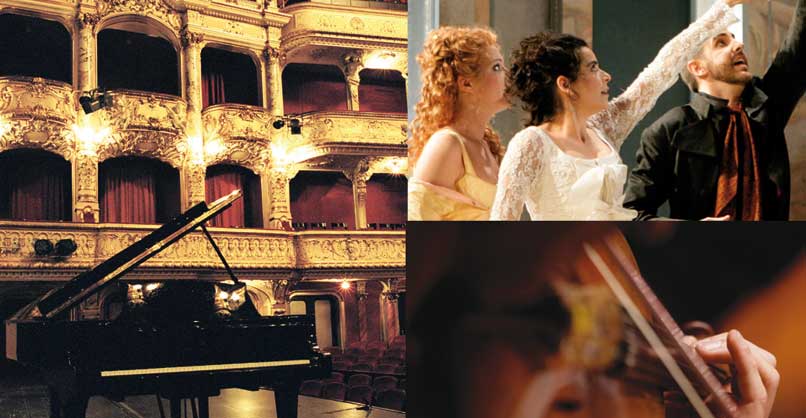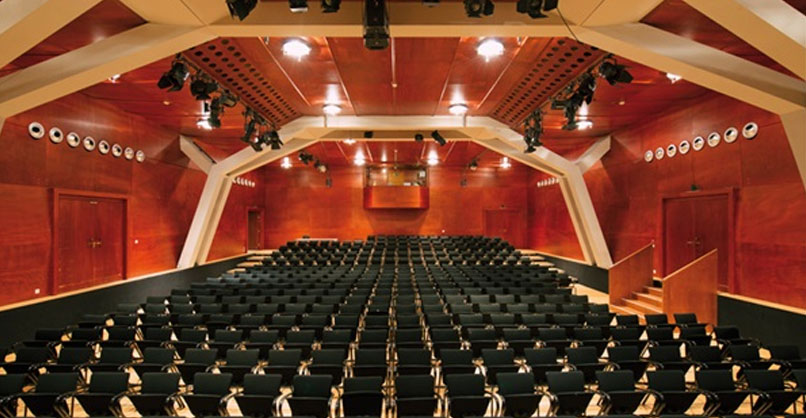- Venue's Capacity: 1709
The Vienna State Opéra is much more than just a local institution; it is a vital part of the city's identity and a national landmark.
As of the 17th century, the Hapsburgs lavishly patronized the opéra. Family members Ferdinand III and Leopold I composed for the théâtre, while Charles VI tried his hand at conducting the orchestra, and the Empress Maria-Theresa often mingled with the corps de ballet.
During the 19th century, the Karntnerthor-Theater was demolished and the présent building was constructed on the famous " Ring ". It was here that Mahler, with the help of the set designer Alfred RoUer, imposed a new style of performance, based on audacious stagings and a very précise interprétation ofthe score, which demanded countless rehearsals.
After the fall of the Hapsburgs, Richard Strauss took over the reins of the newly baptized Vienna State Opéra. Curiously enough, only one of Strauss'operas, THE WOMAH WITHOUT A SHADOW, was premiered in Vienna. Clemens Krauss and Karl Bôhm were to follow in his footsteps. Under Bôhm's direction, the Opera created its own Company, which was to serve as a model for several générations. Even the bombs that destroyed the opéra house in 1945 could not prevent singer s such as Elisabeth Schwarzkopf, Irmgard Seefried, Sena Jurinac or Erich Kunz from becoming legendary.
One musn't think that the Viennese applaud only their homegrown stars. In 1955, when Maria Callas came to sing LUCIA DI LAMMERMOOR in the reconstructed building with Karajan conducting, the public blocked traffic to pay tribute to the diva... in the street! Karajan succeeàed Karl Bôhm, and invited many international stars to corne sing on the Viennese stage. Works were henceforth sung in their language of origin, and coproductions with La Scala permitted the disco-very of voices such as that of Mirella Freni in LA BOHEME.
Ioan Holender has suceeded in deftly combining these international distributions with an ensemble System. He has scheduled many works never heard on the Viennese stage, which are now included in the Opera's répertoire, such as Verdi's JERUSALEM and Enesco's OEDIPE, furthering a policy instated under Claudio Abbado's brilliant direction. Whatever changes may now occur, the Opera will continue to stage at least 300 performances per season (an absolute world record ren-dered feasible thanks to the în-house technical crew, which hires no less than 250 people), and the public will continue to applaud the finest orchestra any amateur could wish for in the pit : the Vienna Philharmonie !













